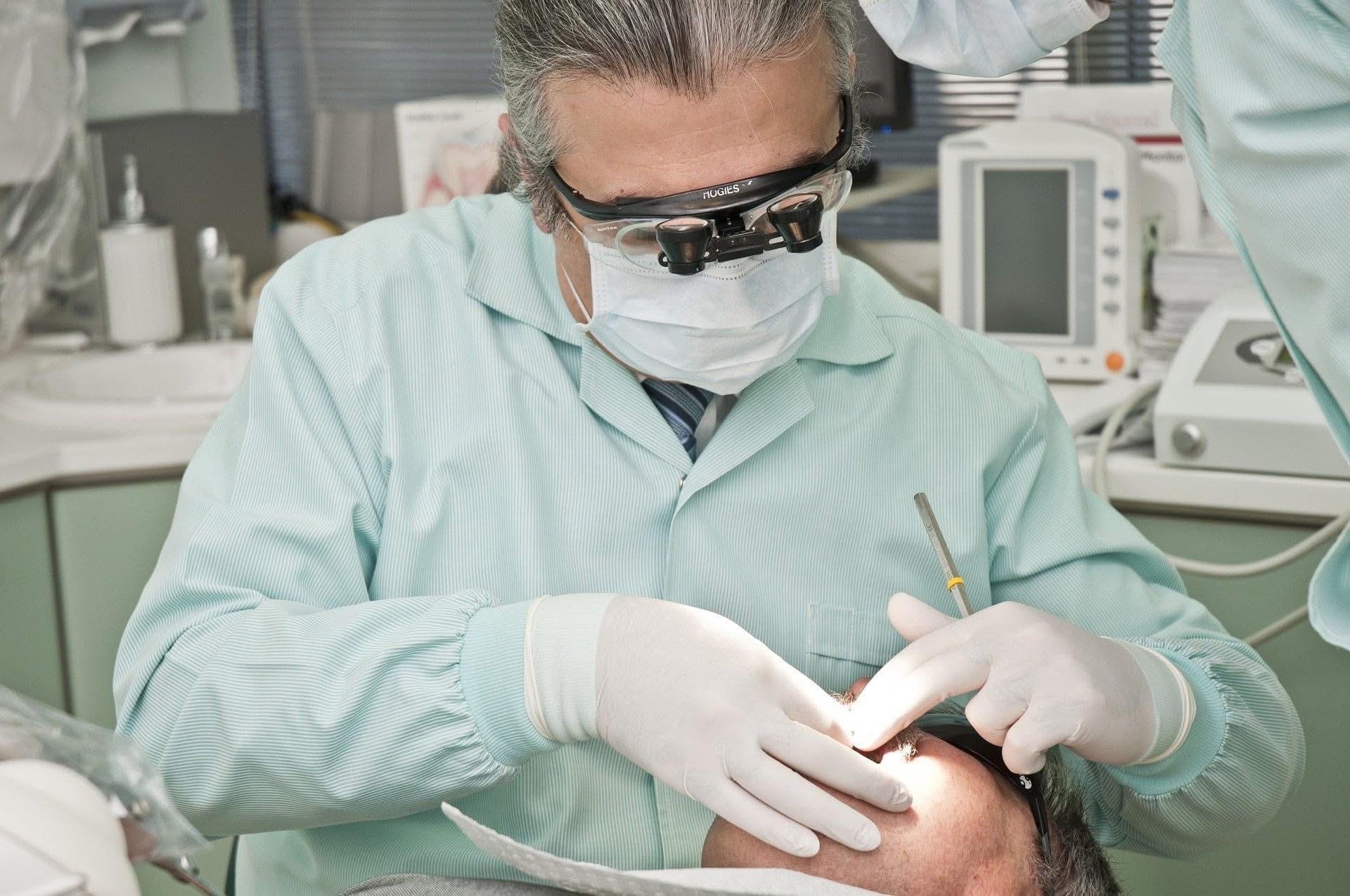
This April marks the 13th annual Oral Cancer Awareness Month, a time for patients and dental professionals to promote awareness for oral cancer prevention, diagnosis, and treatment. It is important to note that oral cancer cases are on the rise and individuals must take proactive steps to prevent the formation of this serious condition. The Oral Cancer Foundation urges Americans to take part in this initiative by learning more about oral cancer, who it affects, and how a screening from your local dentist may be an invaluable method of early detection and treatment.
According to oral wellness research and cancer specialists, the top 5 ways to reduce the risk of developing oral cancer include the following:
1. If you are smoking, quit: Individuals who smoke cigarettes, cigars, or tobacco pipes are up to 6 times more likely to develop oral cancers than those who do not. Quitting smoking may also lower blood pressure and significantly decrease the risk of heart disease and stroke.
2. Smokeless tobacco users should likewise quit: There is a common misconception that smokeless tobacco products are “safe” compared to smoking cigarettes, cigars, and tobacco pipes. Unfortunately, statistics paint a very different picture. Individuals who use dip, snuff, and other chewing tobacco/ smokeless tobacco products are up to 50 times more likely to develop oral cancers than non-users.
3. Limit alcohol consumption: Excessive alcohol consumption is also correlated with higher rates of oral cancer. Specifically, drinkers are up to 6 times more likely to develop oral cancer than nondrinkers.
4. Get to know the history of cancer in your family: Like other cancers, oral cancer is more likely to develop in individuals with a hereditary predisposition to the condition. Take a moment to review the history of cancer in your family, and discuss the prevalence of different conditions with your spouse, children, and other family members. Spreading awareness within the family is an important yet often overlooked means of prevention.
5. Limit sun exposure: Melanoma (skin cancer) is not the only type of cancer that prolonged sun exposure may cause. Excessive sun exposure may also cause oral cancer, and individuals are encouraged to protect themselves from the damaging effects of UV rays. The best way to accomplish this is by limiting total daily exposure. When sun exposure cannot be avoided, a sunblock with an SPF 35 or greater is to be used to protect the skin.
Antioxidants and Cancer Prevention
Antioxidants are small molecules that contain an extra electron and are consequently capable of inhibiting the oxidation of other molecules. In preventing oxidation, antioxidants may likewise prevent the damage of cellular membranes and DNA structures. Modern medicine is increasingly linking antioxidants with cancer prevention for this very reason, as preventing the oxidation of other molecules is critical in reducing the development of cancerous cells. It is recommended that individuals consume a large amount of antioxidants on a daily basis to prevent cellular damage as well as the formation of cancerous cells. The following all-natural foods are a great place to start (ii):
Wild Blueberries: App. 13,427 antioxidants per serving
Red Kidney Beans: App. 13,259 antioxidants per serving
Cranberries: App. 8,983 antioxidants per serving
Artichokes: App. 7,904 antioxidants per serving
Blackberries: App. 7,701 antioxidants per serving
Adding a serving or two of the above foods to each meal is enough to ensure that your body receives a healthy portion of antioxidants to improve cellular function while reducing the negative effects of oxidation.
Oral Cancer Awareness: Scheduling a Screening with a Miami Dentist
This April, schedule an appointment with your local Miami dentist to have a screening for oral cancer conducted. Assure a Smile offers oral cancer screenings that are comprehensive and include a broad survey of the face, neck, and oral cavity for lumps, discoloration, or other irregularities in tissue formation. Readers may schedule an appointment online or call our front desk directly at 305-274-0047 for more information.
(i) The Journal of Agricultural and Food Chemistry, 9th edition, June 2004. Ronald L. Prior, PhD, chemist and nutritionist, USDA’s Arkansas Children’s Nutrition Center in Little Rock, Ark.





